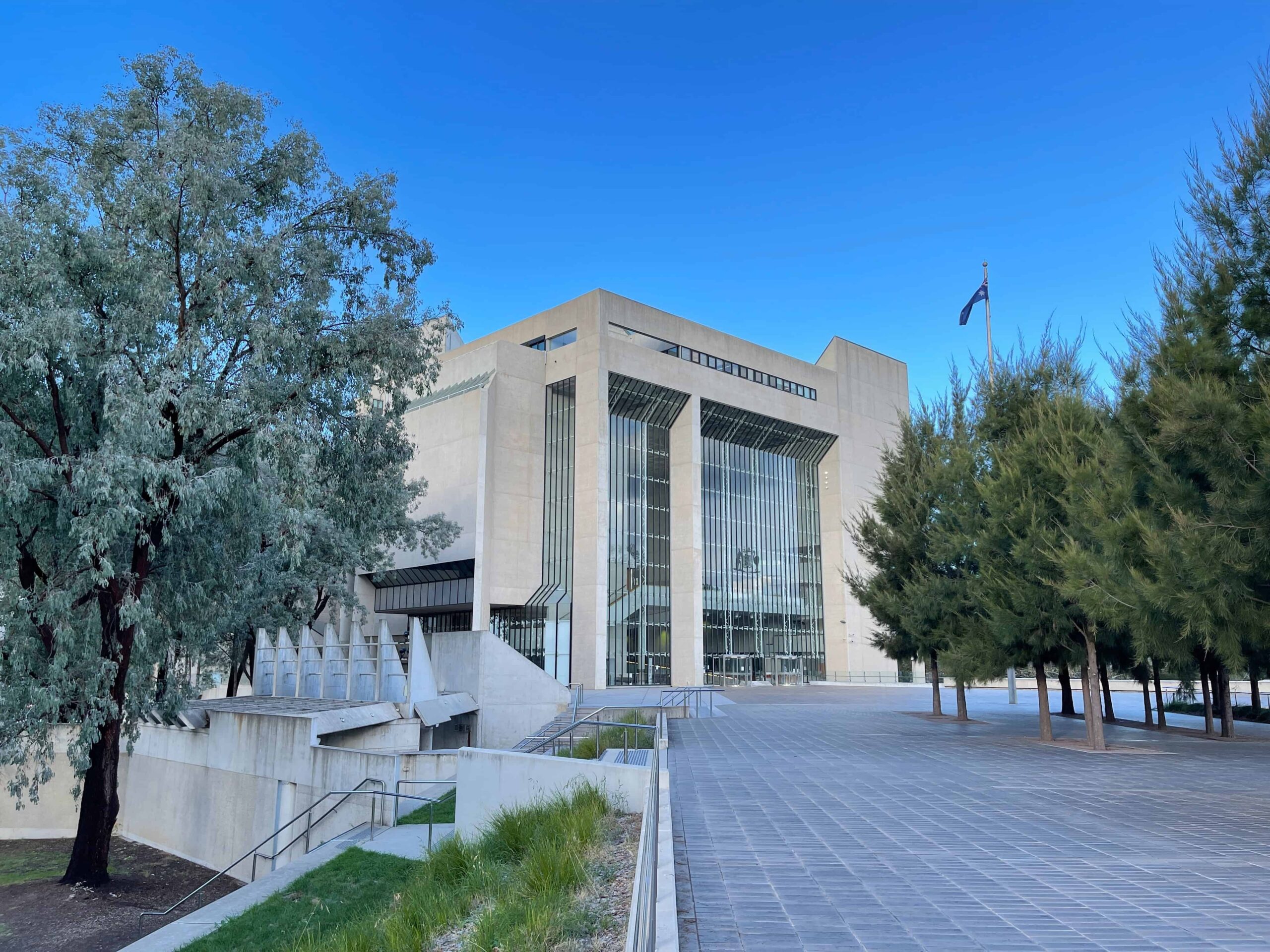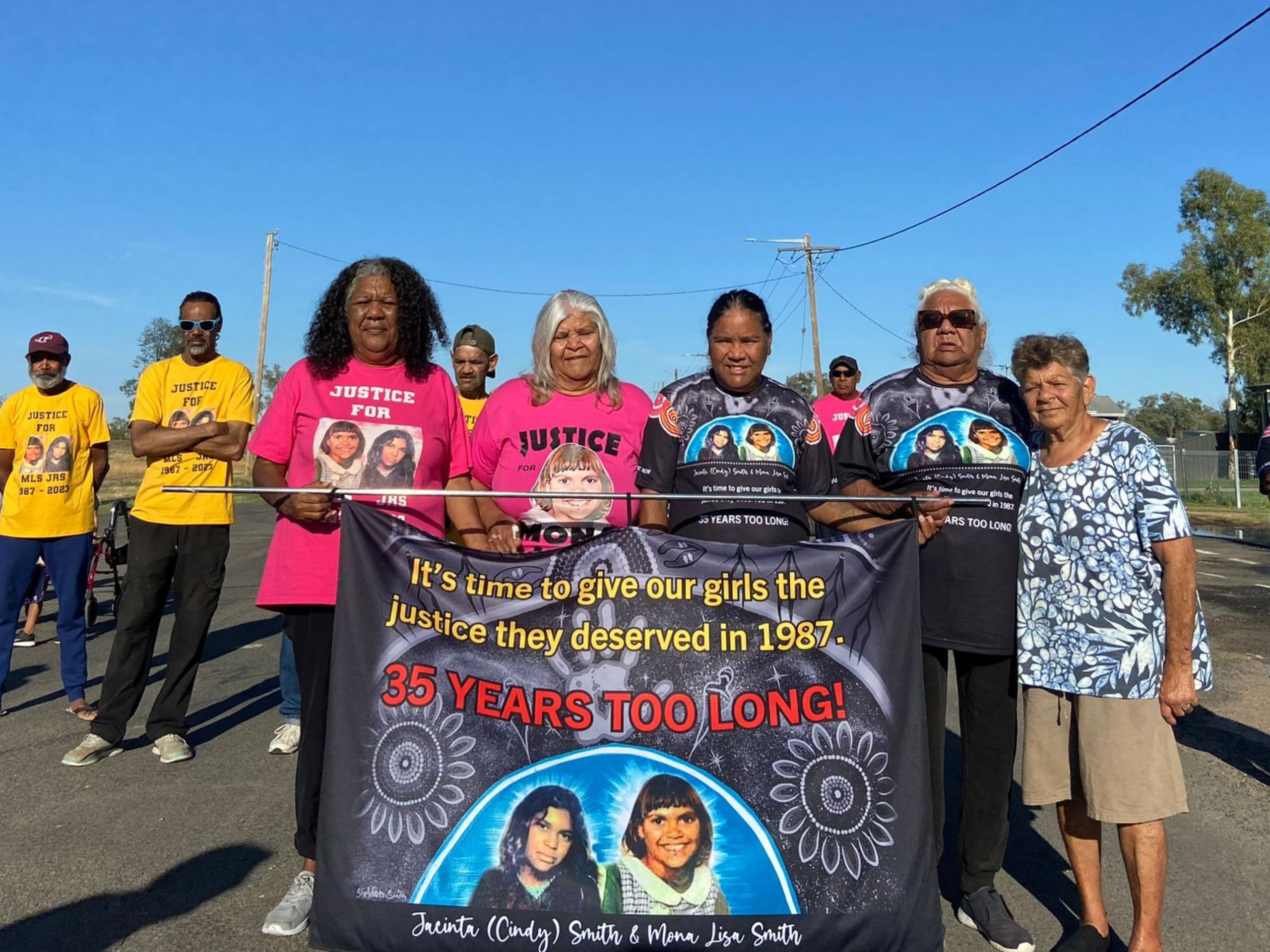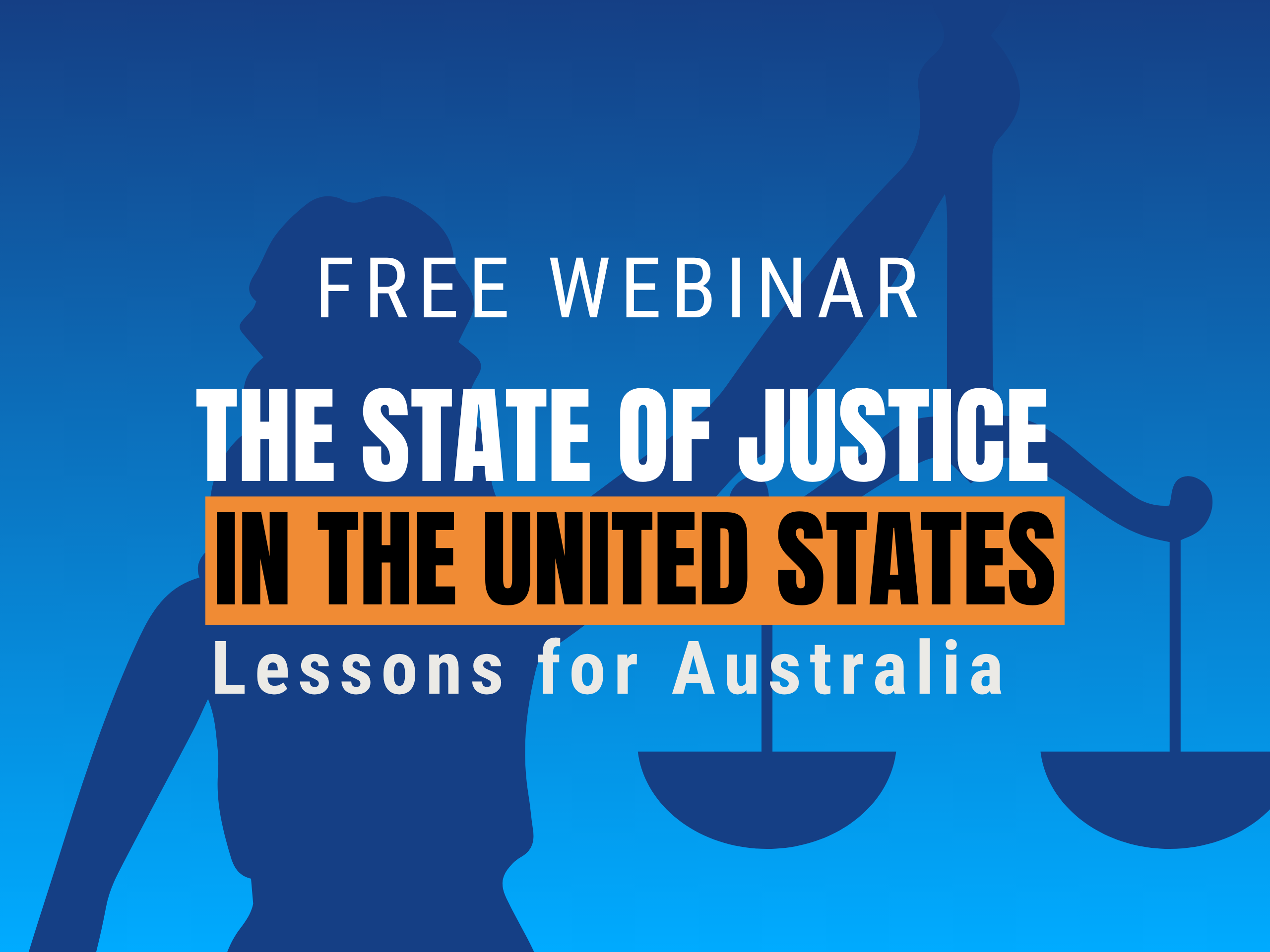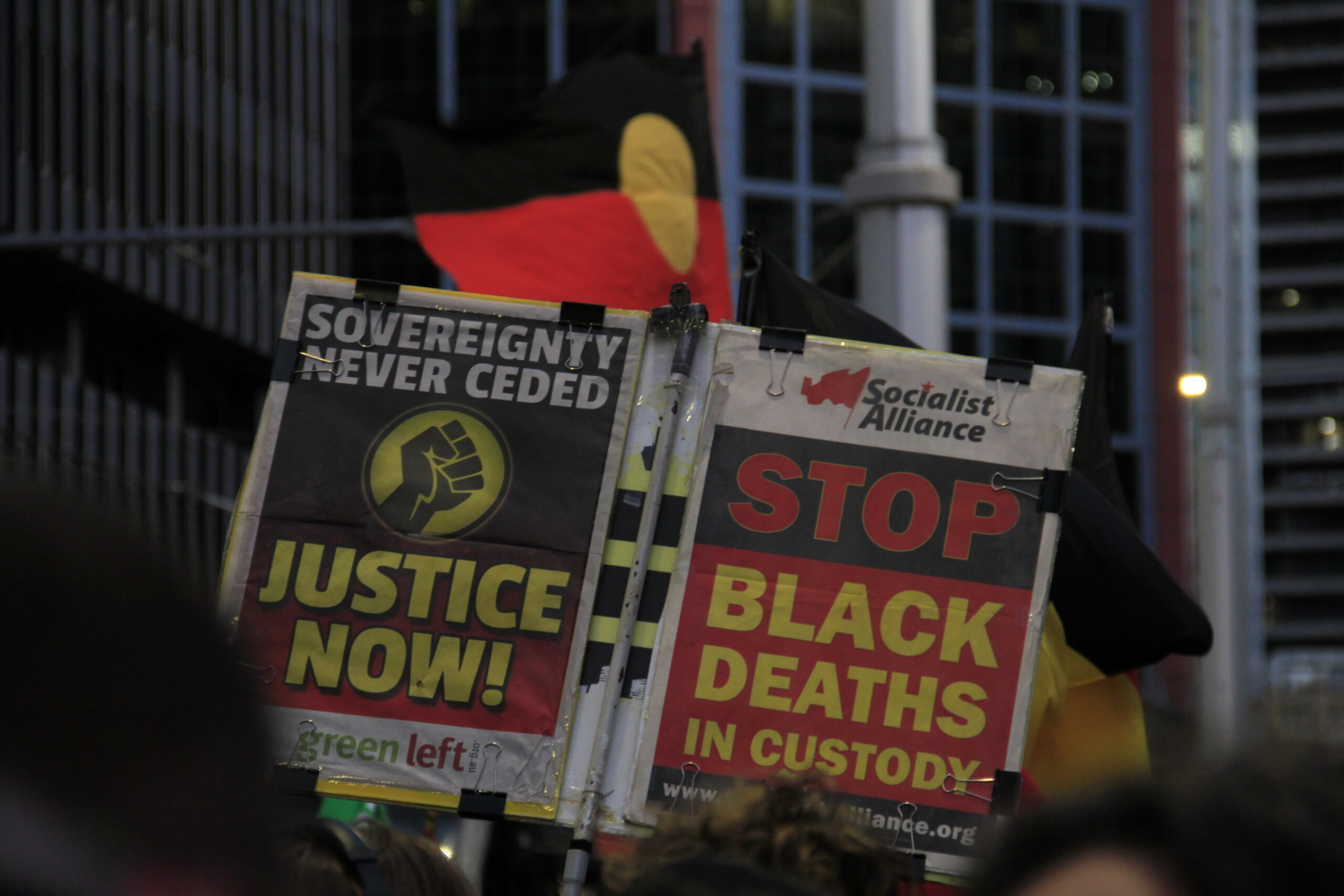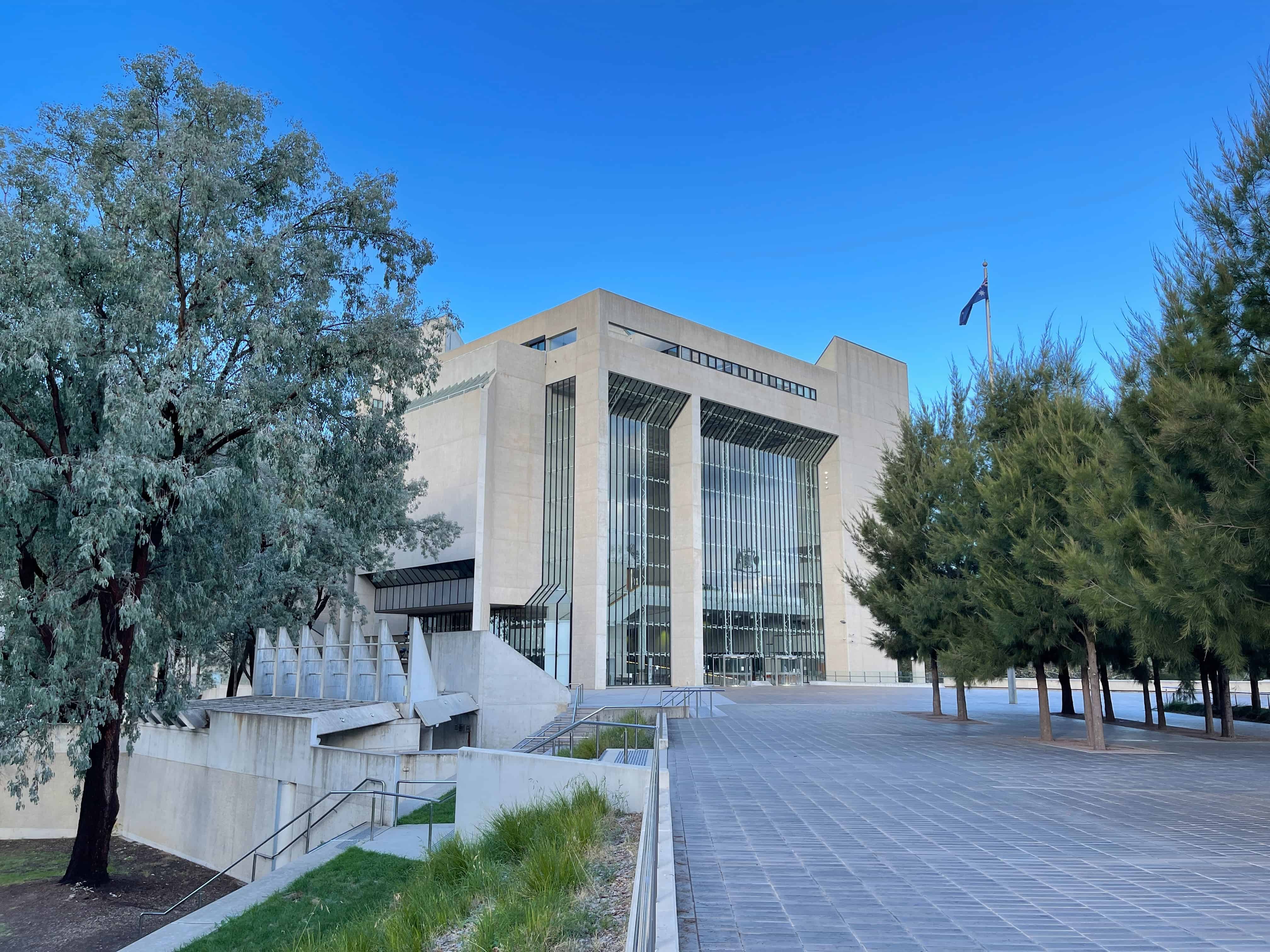
First Nations People should not be considered ‘aliens’ in their own country. This is why we’re in the High Court of Australia intervening in an important case: The Minister for Immigration, Citizenship, Migrant Services and Multicultural Affairs and Anor v Montgomery
On the 6th and 7th of April, the High Court will hear the case of Minister for Immigration, Citizenship, Migrant Services and Multicultural Affairs and Anor v Montgomery (S192/2021) (Montgomery).
The Commonwealth Government is arguing in the Montgomery case that the landmark 2020 decision in the case of Love v Commonwealth of Australia; Thoms v Commonwealth of Australia (Love & Thoms) was incorrectly decided.
In Love & Thoms, a majority of the judges of the High Court (4 out of 7) determined that an “Aboriginal Australian” who satisfies the three-part test set out in the Mabo case cannot be an “alien” within the meaning of s 51(xix) of the Constitution. This means that Parliament cannot use that power to make laws, such as the Migration Act, to put an Aboriginal Australian in immigration detention or deport them.
The 1992 Mabo case set out a test to determine who is an Aboriginal Australian in the context of a native title claim. The test requires:
- Biological descent;
- Self-identification; and
- Recognition by elders or others with traditional authority.
As Mr Thoms met the test, so the majority judges in Love & Thoms found that he could not be deported even though he was born overseas and was not an Australian citizen. The judges recognised that “Aboriginal Australians” have a special “connection to country” that means they cannot be considered “aliens” under the Constitution, although each of the four judges each gave their own varied reasons for making this finding.
Mr Montgomery is a 39-year-old man who was born in New Zealand to an Australian mother and a Maori father. He moved to Australia when he was a child and lived here on a visa. He states that he was culturally adopted into the Mununjali Aboriginal people of south-east Queensland when he was a young man. In 2018, Mr Montgomery was sentenced to 14 months imprisonment for burglary. His visa was cancelled by the Minister and he was detained in immigration detention. Mr Montgomery is arguing that he cannot be deported, following the decision in Love & Thoms, as he has been culturally adopted as an Aboriginal Australian instead of having biological descent.
In the Montgomery case, the High Court will consider whether the Love & Thoms case was correctly decided, and may reconsider who is an “Aboriginal Australian” for the purposes of the “aliens” power in the Constitution.
The National Justice project is representing the National Native Title Council (NNTC) as a third-party intervener in the Montgomery case. The NNTC submits that Love & Thoms was correctly decided and that the test for “Aboriginal Australians” is broader than just those people who are native title holders under the Native Title Act.
Stay tuned for updates on our Instagram, Facebook or Twitter.
